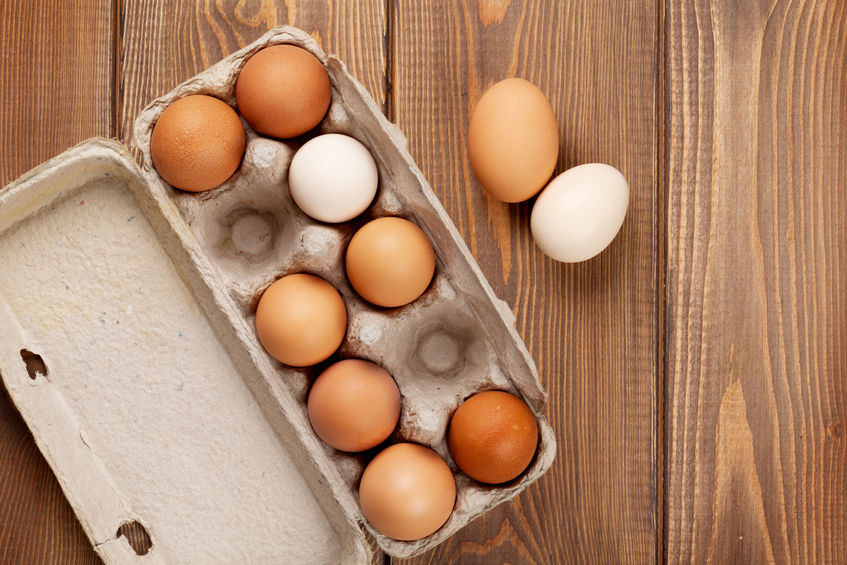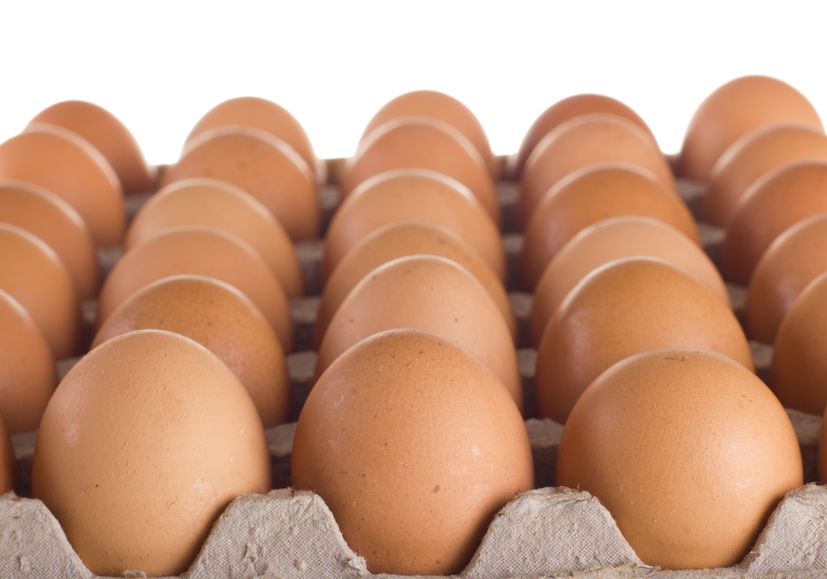
A new survey has shown that 78% of UK shoppers who buy free range eggs are happy to pay a premium for them.
Even Brits who usually buy a value egg agree that free range eggs should be priced higher than those produced by birds which don’t go outside, the survey says.
The findings come shortly after major retailers and food service companies recently announced that they will be phasing out sourcing eggs from enriched colony systems by 2025 – a market that currently produces around 4.35bn eggs a year.
Free range egg farmers say the change in sourcing policy must not lead to their product being downgraded to a budget option – and the vast majority of the public agrees.
Myles Thomas, Love Free Range Eggs campaign ambassador and farmer, said: “Free range eggs have traditionally enjoyed a small premium which reflects the increased cost of running a unit that permits the birds space to range outside.

“Hens in enriched colony or barn systems do not go outside and their eggs are cheaper to produce.
“To take that premium away would be disastrous for free range egg producers.
“The results of this survey shows that the public agrees with us and it is a clear indication that retailers need to offer British eggs at a variety of price points.
“The egg is a nutritious, protein-filled staple of the British diet and it should be available to everyone whatever their budget.”
Future sourcing policy
Mr Thomas called on retailers to engage with the laying hen sector to set out their future sourcing policy.
“We need the retailers to tell the industry how they plan to fill the gap that’s going to be left by phasing out sourcing from colony production.
“Whatever happens, consumers must not be misled. Putting a ‘cage-free’ label on a dozen eggs is not enough – consumers will assume that means the product is free range.
“Shoppers need to be able to quickly distinguish between production systems, and our products must be clearly marked as British produced free range eggs.”
Of those surveyed, 64% agreed that eggs should be available at a variety of price points.
Despite one third of 18-24-year-olds surveyed saying they do not buy free range eggs, 62% of them agreed they would be willing to pay more for free range.
The highest percentage of free range egg shoppers was in the 55 year+ age group, of which 87% already buy free range and 69% would be willing to pay more.
